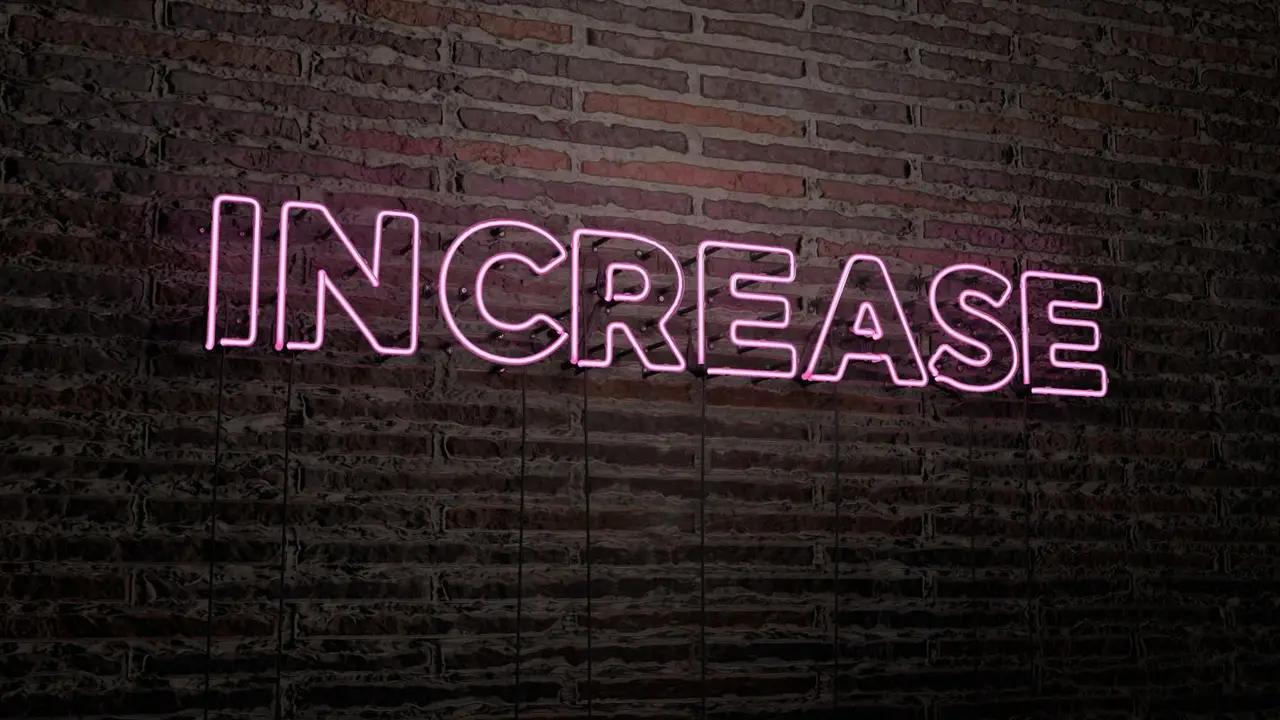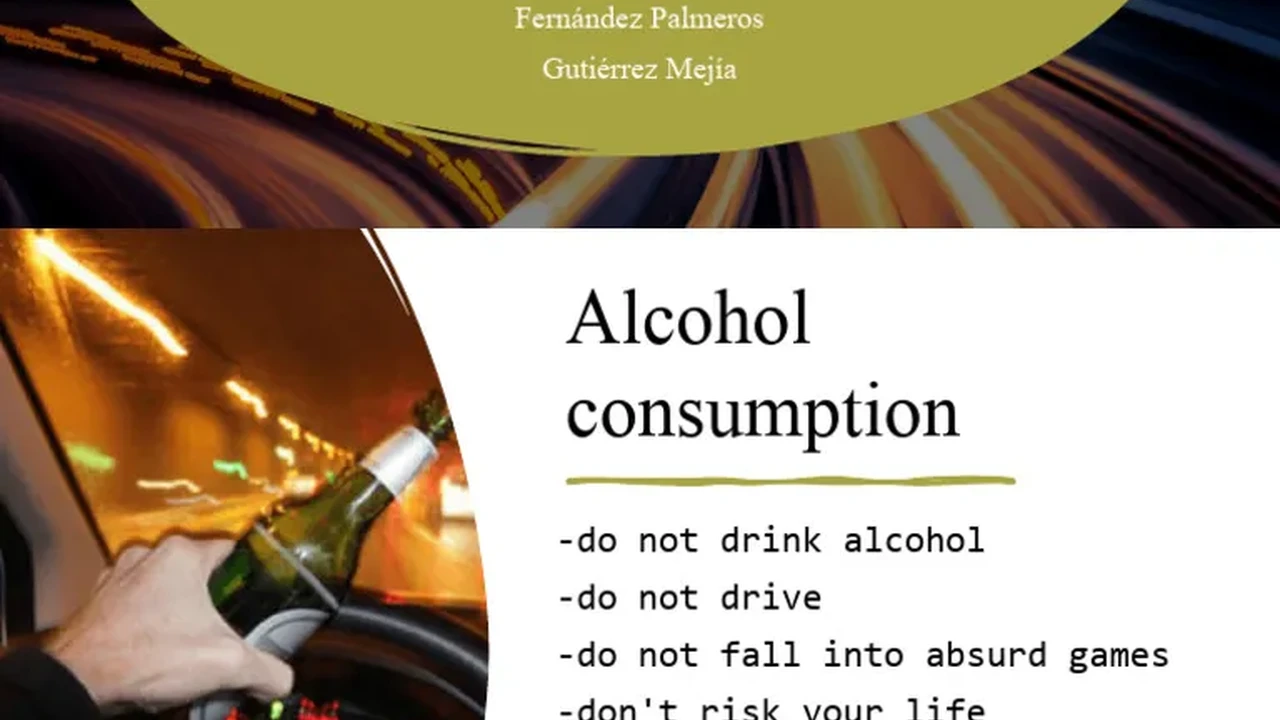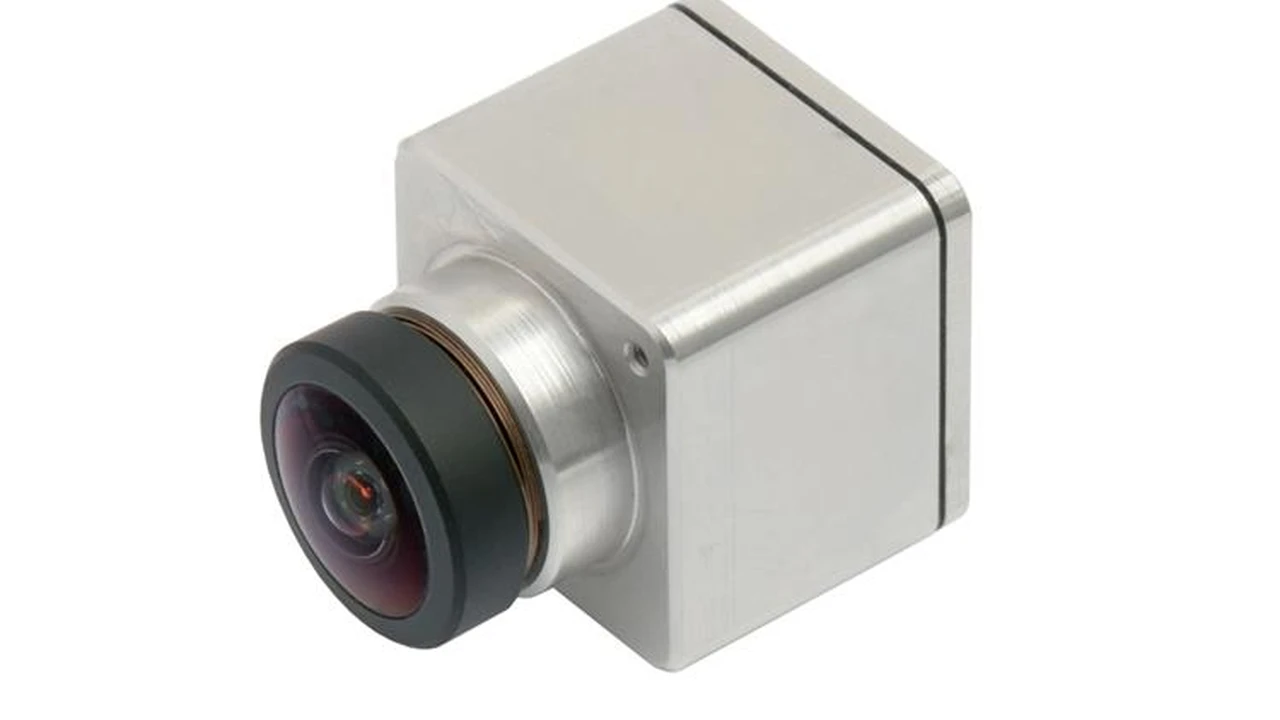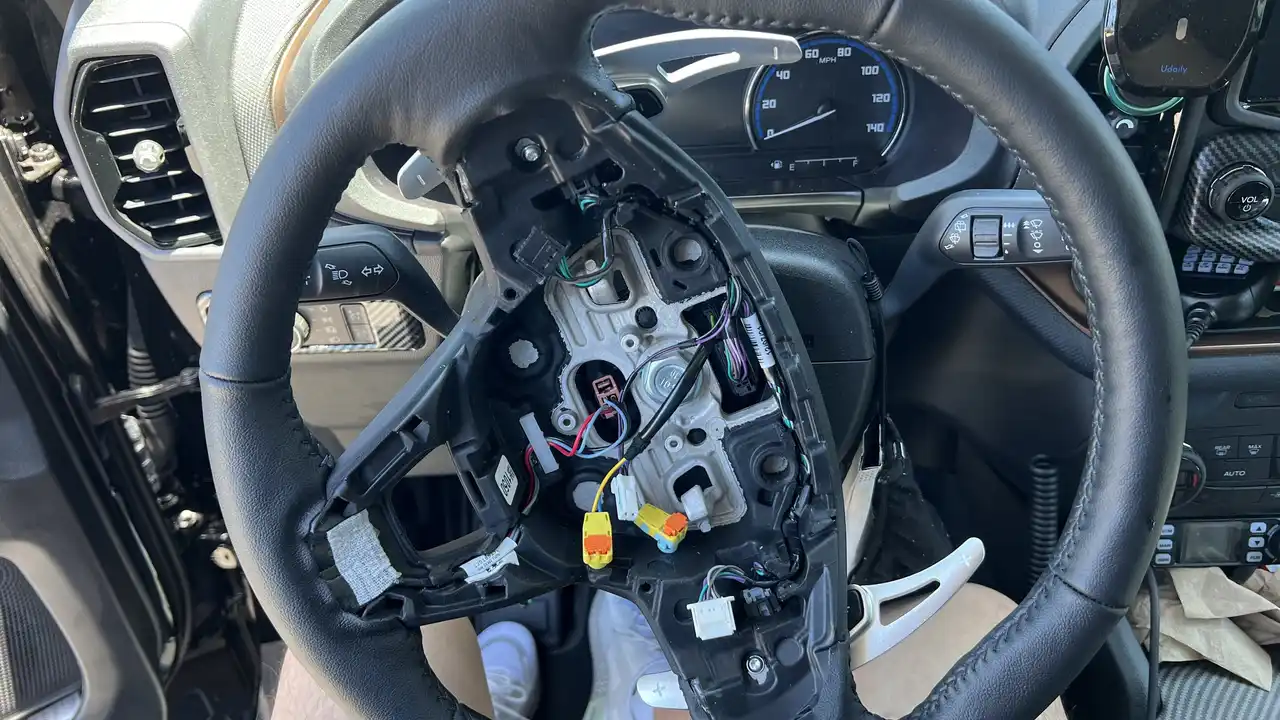How to Lower Your Car Insurance After an Accident

Understanding the Impact of an Accident on Your Car Insurance Rates: Accident History and Insurance Costs
Okay, so you've been in an accident. Not fun, right? Besides the immediate hassle of dealing with repairs and potential injuries, you're probably also sweating about your car insurance rates. Let's be real: they're likely to go up. But don't panic! It's not a life sentence of sky-high premiums. The truth is, car insurance companies see you as a higher risk after an accident. They figure you're more likely to file another claim. That increased risk translates directly into higher premiums. The exact amount your rates increase depends on a bunch of factors: who was at fault, the severity of the accident, your insurance company's policies, and even your state's laws. A minor fender-bender might only nudge your rates up a little, while a major accident with injuries could send them soaring. It's a bummer, but understanding why it happens is the first step to figuring out how to mitigate the damage to your wallet.
Reviewing Your Current Car Insurance Policy: Policy Review and Coverage Options
First things first: dig out your car insurance policy and give it a thorough read. Seriously. Most people just glance at it when they sign up and then forget about it. Now's the time to understand exactly what you're covered for and what your limits are. Pay close attention to your liability coverage. This is what protects you if you're at fault in an accident and someone else gets injured or their property is damaged. Make sure you have enough liability coverage to protect your assets. Also, check your deductible. This is the amount you have to pay out of pocket before your insurance kicks in. A higher deductible usually means lower premiums, but you'll have to pay more if you have another accident. Understanding your policy inside and out will help you make informed decisions about how to lower your rates.
Safe Driving Courses and Defensive Driving Techniques: Driving Safety and Insurance Savings
One of the best ways to show your insurance company that you're serious about improving your driving habits is to take a defensive driving course. These courses teach you techniques for avoiding accidents and staying safe on the road. Many insurance companies offer discounts to drivers who complete these courses. It's a win-win! You become a safer driver, and you save money on your insurance. Look for courses approved by your state's Department of Motor Vehicles or your insurance company. The courses are often available online, so you can take them at your own pace. Besides the discount, you'll also learn valuable skills that can help you prevent future accidents. Think of it as an investment in your safety and your financial well-being.
Increasing Your Deductible for Lower Premiums: Deductible Adjustment and Premium Reduction
Okay, this one's a bit of a gamble, but it can pay off. Increasing your deductible means you'll pay more out of pocket if you have an accident, but it also lowers your monthly premiums. Think of it this way: you're essentially taking on more of the risk yourself. Before you do this, though, make sure you can actually afford to pay the higher deductible if you need to. There's no point in saving a few bucks a month if you'll be in a financial bind if you have another accident. Run the numbers and see if it makes sense for your situation. Call your insurance company and ask them for quotes with different deductible amounts. Compare the premiums and see how much you'd save. If you're a careful driver and you have some savings set aside, increasing your deductible might be a good option.
Shopping Around for the Best Car Insurance Rates: Insurance Comparison and Rate Negotiation
Don't just stick with the same insurance company out of habit. Shop around! Insurance rates can vary widely from company to company. Get quotes from multiple insurers and compare them carefully. Look at the coverage amounts, the deductibles, and the premiums. Don't just focus on the price, though. Also, consider the company's reputation and customer service. Read online reviews and see what other people have to say about their experiences. You can use online comparison tools to get quotes from multiple companies at once. Once you have a few quotes, call the insurance companies and talk to a representative. Ask them about any discounts you might be eligible for. You might be surprised at how much you can save just by shopping around.
Taking Advantage of Car Insurance Discounts: Discount Programs and Eligibility Requirements
Speaking of discounts, make sure you're taking advantage of all the ones you're eligible for. Insurance companies offer a wide range of discounts, including discounts for:
- Being a good student
- Having a clean driving record
- Owning a car with safety features
- Bundling your car insurance with other policies (like homeowners or renters insurance)
- Paying your premiums in full
- Being a member of certain organizations
Improving Your Credit Score for Better Insurance Rates: Credit Score Impact and Financial Responsibility
Did you know that your credit score can affect your car insurance rates? It's true! Insurance companies use your credit score to assess your risk. A good credit score indicates that you're financially responsible and less likely to file a claim. If you have a low credit score, work on improving it. Pay your bills on time, keep your credit card balances low, and avoid opening too many new credit accounts. It takes time to improve your credit score, but it's worth it. Not only will you get better car insurance rates, but you'll also get better interest rates on loans and credit cards.
Installing Safety Features in Your Car: Safety Technology and Insurance Premium Reduction
Equipping your car with safety features can not only make you a safer driver, but it can also lower your insurance rates. Many insurance companies offer discounts for cars with features like:
- Anti-lock brakes (ABS)
- Electronic stability control (ESC)
- Lane departure warning systems
- Blind spot monitoring systems
- Backup cameras
- Adaptive cruise control
Consider Usage-Based Insurance Programs: Telematics and Personalized Insurance Rates
Usage-based insurance (UBI) programs, also known as telematics programs, track your driving habits using a device installed in your car or a smartphone app. The device or app records data such as your speed, acceleration, braking habits, and mileage. The insurance company then uses this data to calculate your premium. If you're a safe driver, you could save a significant amount of money on your insurance. However, if you're a risky driver, your rates could go up. UBI programs aren't for everyone, but they can be a good option for drivers who are confident in their driving skills. Be sure to read the terms and conditions carefully before signing up for a UBI program.
Filing Claims Strategically: Claim Frequency and Insurance Rate Increases
Think carefully before filing a claim. Even if you're covered, filing too many claims can raise your rates. For minor damage, it might be cheaper to pay for the repairs out of pocket than to file a claim and risk a rate increase. Consider your deductible and the cost of the repairs. If the repairs are only slightly more than your deductible, it's probably not worth filing a claim. Also, keep in mind that some insurance companies offer accident forgiveness, which means they won't raise your rates after your first accident. However, accident forgiveness usually only applies to drivers with a clean driving record.
Specific Product Recommendations and Comparisons: Car Safety Gadgets, Dashcams, and More
Okay, let's talk about some gadgets that can actually help you lower your insurance or, at the very least, improve your driving safety which indirectly helps keep your rates down. These are just a few ideas to consider.
Dashcams: Your Witness on the Road - Insurance Discounts and Accident Documentation
A dashcam is a small camera that mounts to your dashboard and records video of the road ahead. It can be a lifesaver in case of an accident. It provides irrefutable evidence of what happened, which can be invaluable when dealing with insurance companies. Some insurers even offer discounts for having a dashcam installed. I would recommend the Vantrue N4 Pro. It's a bit pricier (around $300), but it records in 4K, has front, interior, and rear cameras, and excellent night vision. It's great for Uber/Lyft drivers too. The Garmin Dash Cam 67W (about $200) is a solid option for a simpler setup. It's compact, easy to use, and has a wide 180-degree field of view. Both are great for proving your innocence in an accident. These provide video evidence that can be submitted to your insurance company, potentially preventing an at-fault determination and avoiding a rate increase.
Smart Driving Assistants: Real-Time Feedback for Safer Driving - Driving Habits and Insurance Benefits
These devices plug into your car's OBD-II port and provide real-time feedback on your driving habits. They track things like hard braking, acceleration, and cornering. Some even offer coaching to help you improve your driving. The Automatic Pro (discontinued, but sometimes available used) was a popular option, but now you can find similar devices from brands like Hum by Verizon (requires a subscription). The main benefit is that they make you more aware of your driving habits. Often, we don't realize how aggressively we're driving until we see the data. By improving your driving habits, you can reduce your risk of accidents and potentially qualify for insurance discounts through UBI programs. You'll want to research the current availability of devices like Automatic Pro, as technology changes rapidly.
Backup Cameras and Parking Sensors: Preventing Low-Speed Collisions - Safety Technology and Insurance Savings
These are standard on many new cars, but if you have an older vehicle, you can often add them aftermarket. Backup cameras and parking sensors help you avoid low-speed collisions while parking, which can be a common cause of insurance claims. A basic backup camera kit can cost around $50-$100. Look for one with a clear picture and a wide viewing angle. Parking sensors can range from $30-$150, depending on the features. By preventing even minor accidents, you can avoid filing claims and keep your insurance rates down.
Tire Pressure Monitoring Systems (TPMS): Maintaining Optimal Tire Pressure - Tire Safety and Insurance Considerations
Properly inflated tires are crucial for safety and fuel efficiency. A TPMS alerts you when your tire pressure is low. Low tire pressure can lead to blowouts and accidents. A TPMS can cost around $50-$200, depending on the type. Some systems display the pressure for each tire individually. By maintaining proper tire pressure, you can reduce your risk of accidents and improve your fuel economy. While not directly related to accident *insurance*, anything that increases your overall safety is a good thing, and can be viewed favorably when you call to discuss your coverage.
Anti-Theft Devices: Protecting Your Vehicle from Theft - Vehicle Security and Insurance Premium Reduction
While this isn't directly related to *accident* insurance, preventing theft can definitely save you money on your overall car insurance costs. Steering wheel locks like "The Club" are a simple and relatively inexpensive deterrent. More sophisticated GPS tracking systems like LoJack can help you recover your vehicle if it is stolen. Many insurance companies offer discounts for having anti-theft devices installed. While a simple steering wheel lock might cost around $30, a LoJack system can cost several hundred dollars plus a subscription fee. The peace of mind and potential insurance savings might be worth it, though.
Staying Informed About Car Insurance Regulations: Insurance Laws and Consumer Rights
Car insurance laws and regulations vary from state to state. Stay informed about the laws in your state and understand your rights as a consumer. Contact your state's Department of Insurance for more information. They can provide you with valuable resources and help you understand your rights. Knowing your rights can help you navigate the insurance claims process and ensure that you're being treated fairly.
:max_bytes(150000):strip_icc()/277019-baked-pork-chops-with-cream-of-mushroom-soup-DDMFS-beauty-4x3-BG-7505-5762b731cf30447d9cbbbbbf387beafa.jpg)






